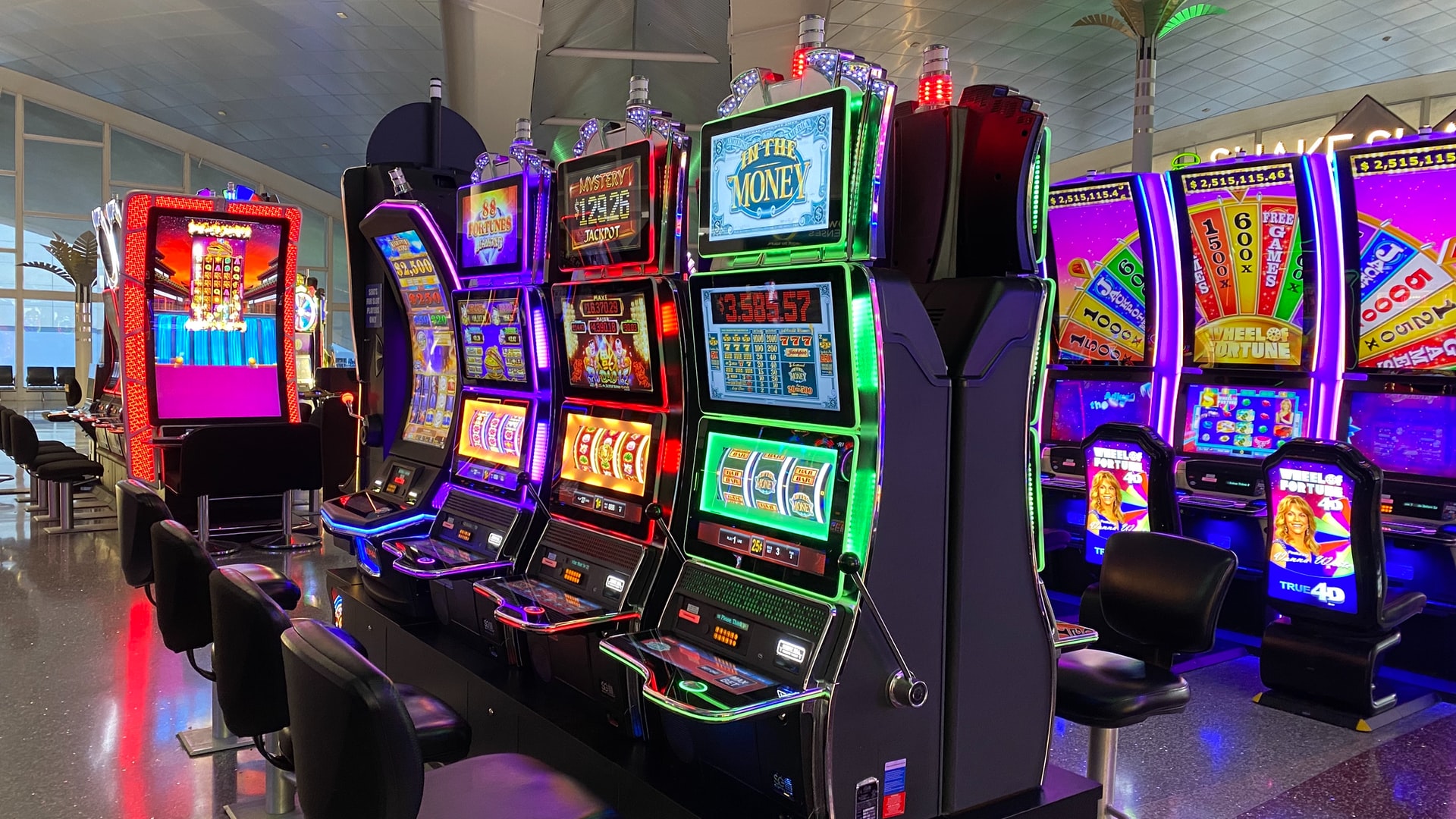
The Psychology Behind Slot Machine Addiction
Slot machines, often touted as harmless entertainment, have a deeper psychological impact on their players than one might initially think. These machines are carefully designed to be addictive, with their flashing lights, cheerful sounds, and promises of easy money. Understanding the psychology behind slot machine addiction can help us better grasp the mechanisms at play.
The Appeal of Slot Machines
Slot machines attract players through their unmistakable appeal. They are designed to be visually and audibly enticing, with bright colors and upbeat music. This sensory stimulation creates an immersive experience that distracts the player from reality and makes them forget about time. The uncertainty of winning keeps the player engaged and glued to the screen, as the brain releases dopamine, a neurotransmitter associated with pleasure and reward. This dopamine release provides a feeling of euphoria, which reinforces the desire to play more and more.
Variable Rewards
One of the key psychological factors that make slot machines so enticing is the concept of variable rewards. Unlike a predictable reward such as a paycheck, where you know how much and when you will receive it, slot machines deliver unpredictable rewards. This unpredictability creates a strong emotional reaction, causing the brain to stay engaged and search for the next reward. Psychologically, this is known as the “intermittent reinforcement schedule,” and it is highly effective in keeping people playing.

The Illusion of Control
Slot machines often give players the illusion of control. Many modern machines have buttons instead of levers, and players can even stop the reels mid-spin. This feature gives players the feeling that they are influencing the outcome of the game, even though the outcome is determined by a random number generator. This illusion of control keeps players gambling even when they are losing, and it can lead to them spending more money than they intended.
Near Misses
Another psychological aspect of slot machines is the concept of “near misses.” These are instances where the symbols on the reels almost line up in a winning combination. Near misses are designed to keep players motivated, as they believe that they are getting closer to the jackpot. Near misses are just as random as any other outcome, but they create a sense of anticipation and excitement that keeps players coming back for more.
Escapism and Stress Relief
For some people, playing slot machines can be a form of escapism from everyday life. The colorful lights, sounds, and excitement of the game provide a temporary distraction from stress, anxiety, or loneliness. This can be particularly appealing to people who are experiencing difficult emotions or situations in their lives. The problem arises when this form of escapism becomes addictive, leading people to spend more time and money on slot machines than they can afford.
Vulnerability Factors
Not everyone who plays slot machines will become addicted, but certain factors can increase the risk. People who have a history of addiction, such as alcohol or drug abuse, are more likely to develop a gambling addiction. Additionally, people who are experiencing financial problems or relationship difficulties may turn to gambling to escape their problems.


